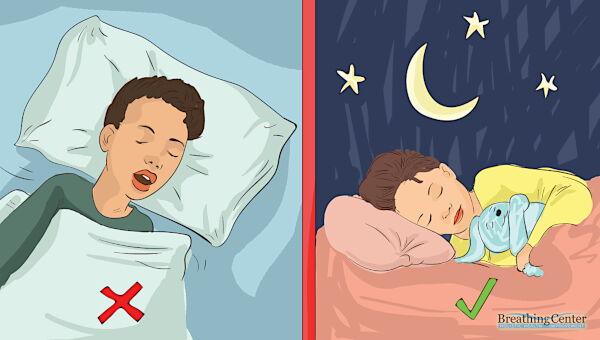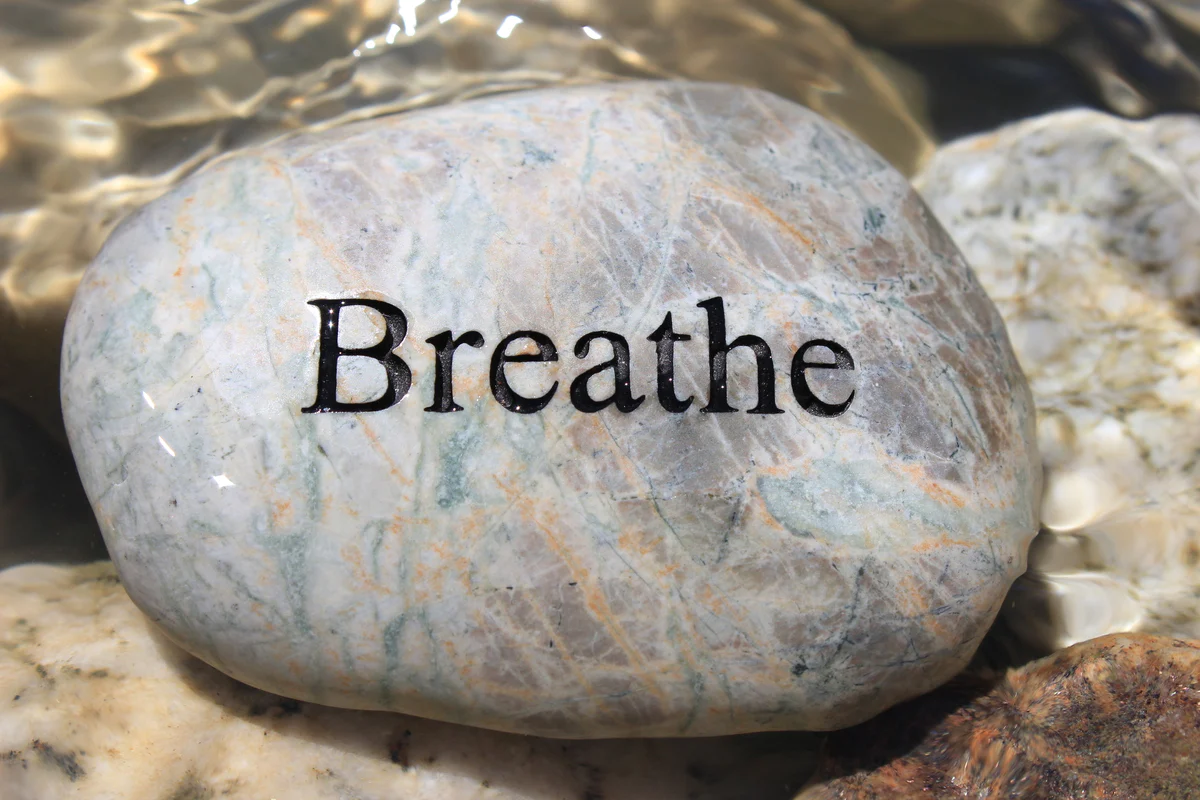
According to K.P. Buteyko, MD-PhD, the level of carbon dioxide in the lungs is the primary regulator of many bodily functions. when this level is below normal, the body is thrown off balance: the pH level is negatively affected along with the oxygenation of various organs (for more information, please, read the Theory of Dr. Buteyko’s method). over time the CO2 level in the lungs could become dangerously low as a result of Hyperventilation. This creates a life-threatening situation. The human body will attempt to prevent this from happening and will fight to maintain the CO2 level in the lungs as close to the norm as possible.
Nasal breathing is essential for health
Dr. Buteyko discovered that Many people habitually hyperventilate, which lowers their CO2 level. Hyperventilation becomes especially strong when a person breathes through his or her mouth. nasal breathing is essential for maintaining health. Unfortunately, switching to nasal breathing can sometimes be a difficult task for people who constantly breathe through their mouths during the day and especially during the night.
In general, Hyperventilation is strongest at night time. At night, the metabolism becomes passive and does not generate enough CO2; at the same time, the body loses a great deal of it due to deep mouth breathing during Sleep. This dangerous situation triggers the body’s defense mechanism for protecting itself from a complete loss of CO2. First, the body narrows its airways by creating edema of soft tissues in the nose and throat area.
This forces a person to breathe less: breathing Reduction always increases the level of CO2. when this happens, a person usually makes sounds commonly known as ‘Snoring.’ While Snoring, Many people feel uncomfortable because of their constricted breathing and thus begin to breathe even deeper. This increases Hyperventilation, which in turn means that the body needs to come up with a stronger compensatory mechanism. To accumulate more CO2, it will likely start bringing breathing to a halt. This symptom is called Sleep Apnea and it can be frightening and dangerous despite the fact that the body’s goal is to protect us from Hyperventilation.
Tamed through voluntary breath reduction
| Konstantin Buteyko proved that Snoring and Sleep Apnea can be tamed through voluntary breath reduction. Many years of experience at Clinica ButeykoTM in Moscow and Breathing Center demonstrate that this is achievable in most cases. when over-breathing is eliminated, the need for compensatory mechanisms is eliminated as well and Snoring and Sleep Apnea disappear. During Our main educational course, we teach students how to stop Hyperventilation by applying breathing exercises and adopting a lifestyle that supports light breathing. The second session of this course is specifically about Hyperventilation at night and the various techniques for decreasing it. Since the causes of Hyperventilation for each person are different, Breathing Center’s approach is highly individualized. |
Our Buteyko Breathing specialists interview Our students about their lives determining specific factors that cause over-breathing. Then they design an individual program of breathing exercises and lifestyle alternations. The program is implemented under the daily supervision of a Buteyko Breathing Specialist for two months of individualized training. Group programs are also available. The expected results are the lessening or eradication of breathing difficulties, including Snoring and Sleep Apnea. Aside from this, the Buteyko Breathing Method strengthens the immune and nervous systems, activates the metabolism; and creates a higher resistance to seasonal colds and flu. Please note that Our specialists never advise students to stop taking their medication or cease using their medical equipment.
We are not medical doctors; we are educators who help people normalize their breathing. We always encourage Our students to continue seeing their physicians and monitoring their health. when a medical team concludes a health improvement, they will make recommendations on how best to reduce or stop the patient’s medical support.


